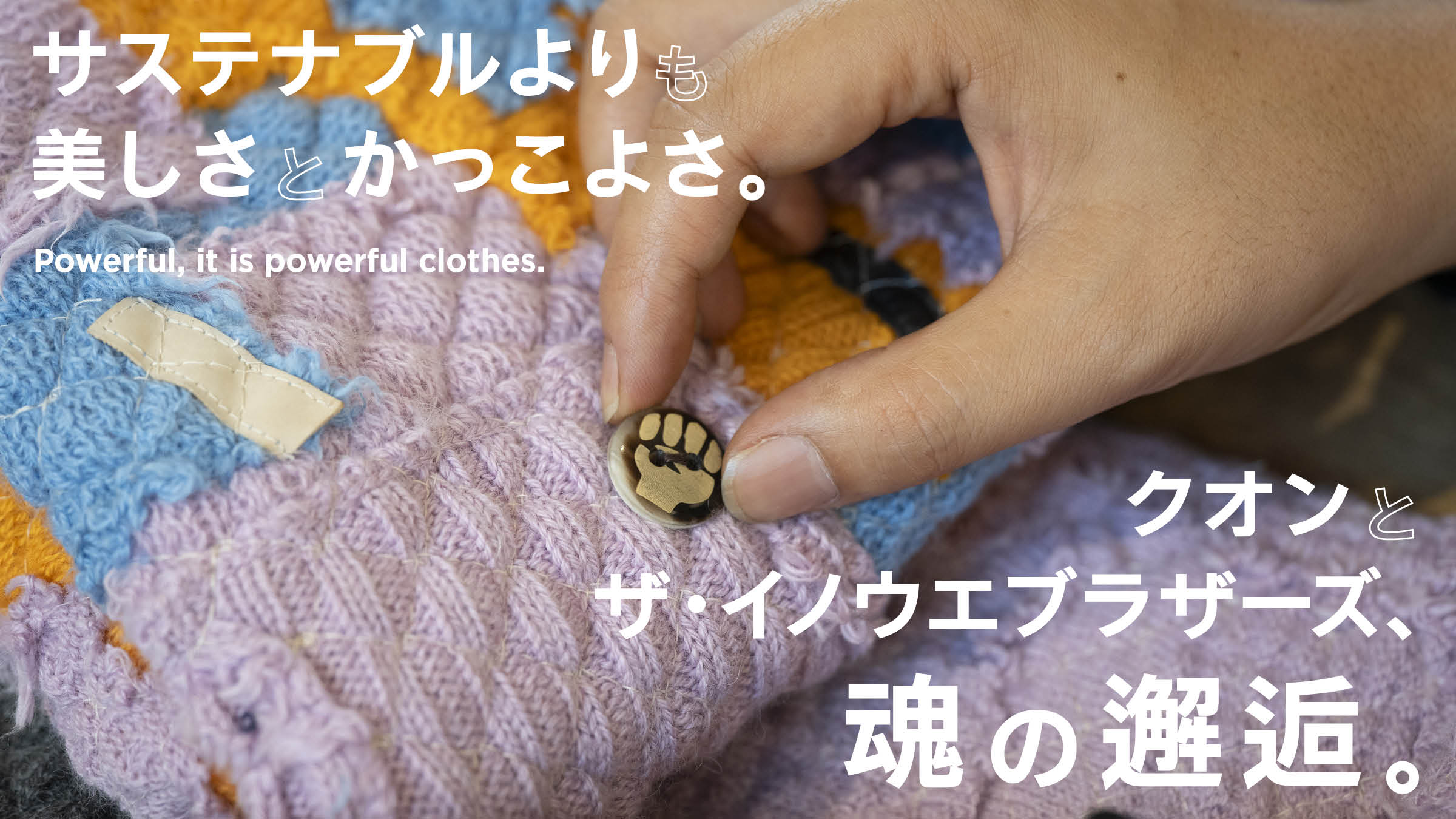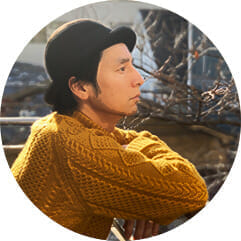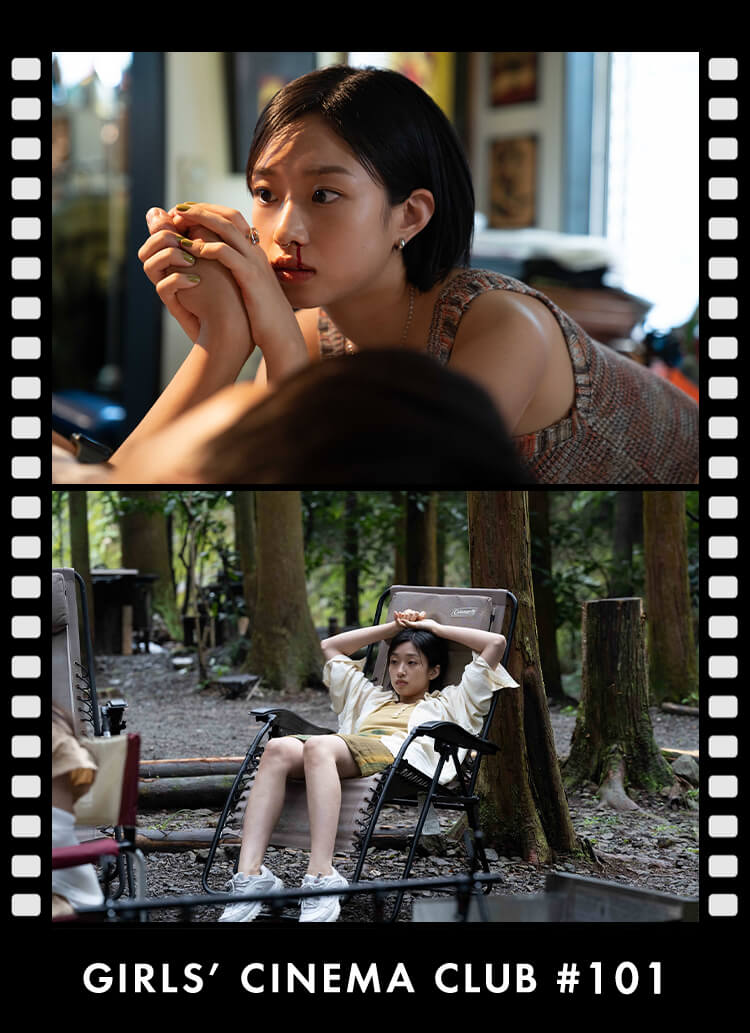Where does Japan's cheapness come from?

How much time and effort went into making this item?
Stone bridge:First, we cut the dough into pieces about this size (about 10 cm square), and then we lay them out, which is basically done by the members of Quon. And we do it while the store is open, so the customers ask us, "What's going on? (laughs).
Then I temporarily fasten them with pins while they are lined up, but if I send them to an embroidery shop as they are, they will not embroider them. . So I sew it on with a sewing machine using a thread called water-soluble thread. Then I send it to the embroiderer to have it embroidered, but they won't embroider it on the cloth, so I put a sheet of water-soluble thread on top of it. When they do the embroidery, they say they don't want to do it because the leather is there and the needle will break, but they embroider it. They come back to us in sheet form, so we spread out the kiddie pool and melt the sheet to make it dry. Then we would send them to the sewing factory along with the patterns, which was very difficult because the fabric was so thick, and I don't know how many needles I broke.
I found out that it takes a lot of time and effort (laughs).

Satoshi:I heard the price of this item for the first time today, and I honestly feel it is inexpensive from an overseas perspective. It is not because they are using our alpaca knitwear, but when I hear about the time and effort required to make these items, including the craftsmen. This may be an opinion from overseas, but I think one of the reasons why craftsmen are suffering in the current social situation of Japanese people and Japan is that the pricing is too low. . It is not because they are bad at business, but because they are all too humble. It's not that they are bad at business, but that they are too humble.
The reason why people overseas are interested in sake and other Japanese products is, of course, the quality, but also the time and effort of the people. . How much time and effort goes into making a bottle of sake, sacrificing time with oneself and one's family. It's a culture that takes a lot of time and effort to ferment rice with koji to make sake , isn't it? . Wine is much easier to make because it has sugar in it to begin with. Even with natural wine, the process is that you have to leave it alone as much as possible, but in Japan, you have to go through a lot of trouble to reach that quality. But Japanese people are very humble, so they don't take money for their efforts, but only for the cost of the ingredients.

Satoshi:So, in order to raise salaries in Japan today, there are many social problems, but what I think is that education is necessary. They need to be more proud and have confidence that they will be paid for their hard work. Otherwise, it will not last long. Sustainability means sustainable, so it has to last. It is only natural that there is a limit to how long you can continue to create something while putting yourself through the pain. I was surprised that they could offer such a product at such a low price after working so hard, and in another sense, I have a lot of respect for Japan.
When I communicate with Japanese craftsmen, I see them apologizing and saying, "I'm sorry, but we have to charge this amount of money," and then giving the amount of money, I think it's wonderful, but at the same time I feel a little sad. . The reason why I feel sad is because I know the situation that is suffering due to such a culture. I hope that Japanese people will see these items and feel a little more confident that we are amazing, rather than hoping that people overseas will like them. We only provided the materials for this project, but I am glad that we were able to cut the alpacas.









